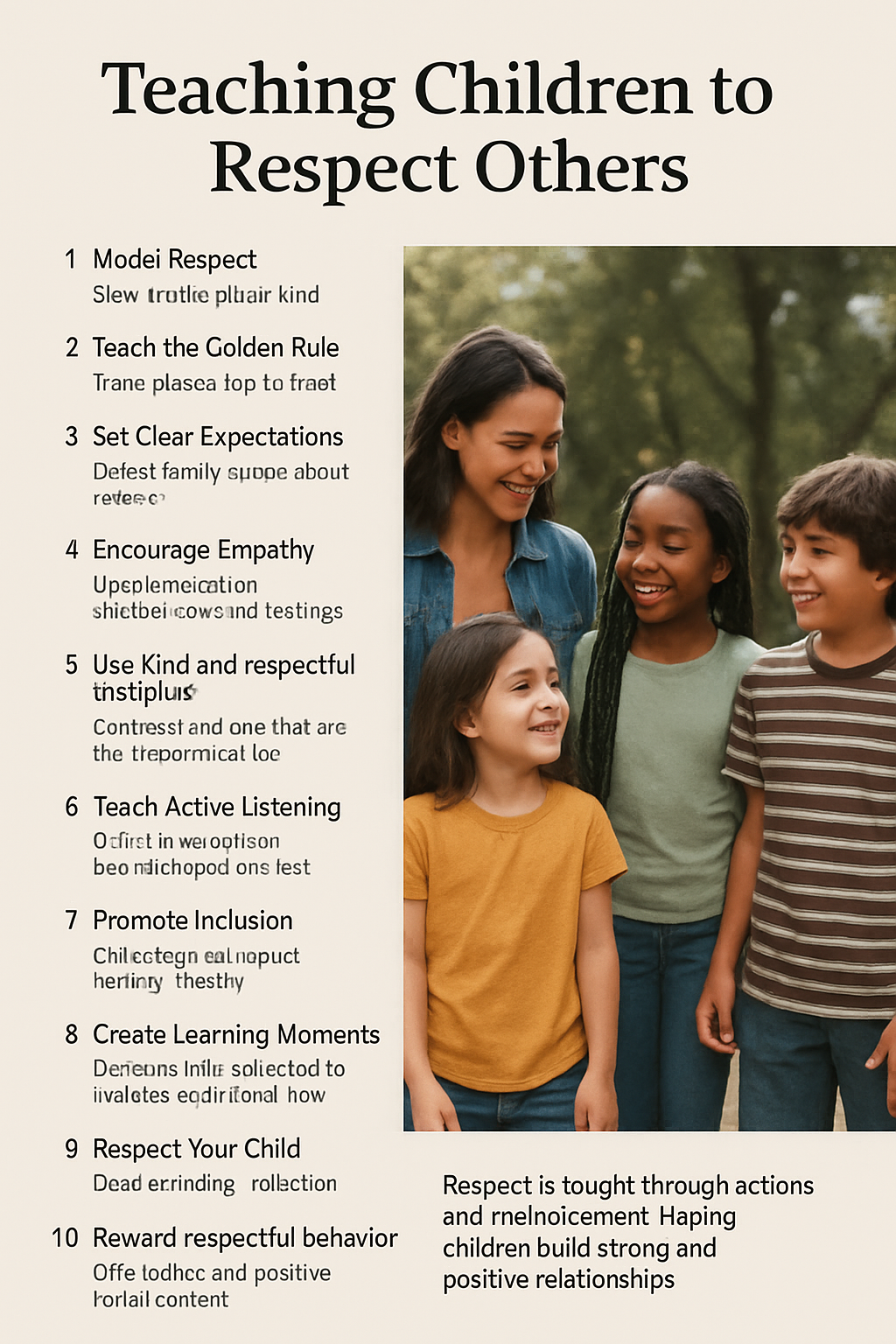In a digital age where screen time often replaces sunshine, outdoor play has become more important than ever. Children need the freedom to move, explore, and connect with the natural world. Outdoor play isn’t just fun — it’s essential for healthy development.
Let’s explore the many benefits of outdoor play and how you can encourage your child to spend more time outside.
1. Supports Physical Development
Running, jumping, climbing, and balancing — outdoor activities naturally support physical growth and motor skill development.
Benefits include:
- Stronger muscles and bones
- Improved coordination and balance
- Better cardiovascular health
- Healthy weight management
Even simple games like tag or hopscotch can contribute to a child’s physical well-being.
2. Enhances Creativity and Imagination
Nature provides an open-ended environment where children can invent games, build forts, or pretend to be explorers. Unlike structured indoor toys, outdoor elements inspire imaginative play.
Examples include:
- Turning sticks into magic wands
- Building fairy houses with leaves and stones
- Creating obstacle courses with what’s around them
Unstructured play sparks innovation and storytelling.
3. Boosts Emotional Health
Being outdoors has a calming effect on children. Natural light, fresh air, and the soothing sounds of birds and wind can reduce stress and anxiety.
Outdoor play helps kids:
- Feel more relaxed
- Sleep better at night
- Release built-up frustration or energy
- Regulate emotions through movement
Time in nature is a natural mood booster.
4. Encourages Social Skills and Cooperation
When children play outside with siblings or friends, they learn vital social skills. Unlike solitary screen time, outdoor games often require cooperation and communication.
They learn to:
- Share and take turns
- Solve problems together
- Handle winning and losing
- Practice empathy
Outdoor play creates natural opportunities for social learning.
5. Promotes Independence and Confidence
Outdoor environments often present small challenges — like climbing a rock or navigating a trail. When children overcome these on their own, they build self-confidence.
Let your child:
- Explore independently within safe boundaries
- Take small risks, like climbing or balancing
- Make decisions about how to play
Each success fuels a sense of capability.
6. Improves Focus and Learning
Research shows that time spent in nature can improve attention spans, especially for children who struggle with concentration.
Benefits include:
- Improved academic performance
- Enhanced memory and problem-solving skills
- Greater curiosity and motivation to learn
After outdoor time, children often return to tasks more focused and refreshed.
7. Instills a Love for Nature
Children who spend time outside are more likely to grow into adults who care about the environment. A connection with nature fosters appreciation and stewardship.
Simple ways to build this bond:
- Gardening together
- Nature walks and scavenger hunts
- Observing insects, birds, or plants
This early connection lays the groundwork for future environmental responsibility.
8. Reduces Screen Dependency
One of the best ways to reduce screen time is to replace it with something more engaging. Outdoor play provides real-world stimulation that no screen can match.
Tips to encourage this:
- Schedule daily outdoor time
- Make it part of your family routine
- Offer choices — sports, nature exploration, or free play
The more appealing the alternative, the less likely your child will crave screens.
9. Encourages Problem-Solving and Resilience
Outdoor play often presents unexpected challenges — like navigating uneven ground or figuring out how to reach a tree branch. These mini obstacles build resilience.
Children learn to:
- Adapt to different situations
- Try again after failure
- Think creatively in real time
This natural trial-and-error builds confidence and persistence.
10. Strengthens Family Bonds
Playing outside together creates opportunities for connection. Whether it’s going to the park, biking, or kicking a ball around, outdoor activities bring families closer.
Ideas for family outdoor time:
- Weekend hikes or nature walks
- Backyard games or gardening
- Beach or park picnics
Shared experiences build trust and togetherness.
Final Thought: Let Them Be Wild and Free
Children need time and space to be kids — to run, climb, imagine, and explore without boundaries. Outdoor play isn’t just recreation — it’s a vital part of growing up.
By encouraging your child to spend more time outdoors, you’re supporting their physical health, emotional resilience, creativity, and connection to the world around them. Every stick turned into a sword, every hill climbed, and every muddy footprint is part of their journey to becoming a confident, curious, and capable human being.
